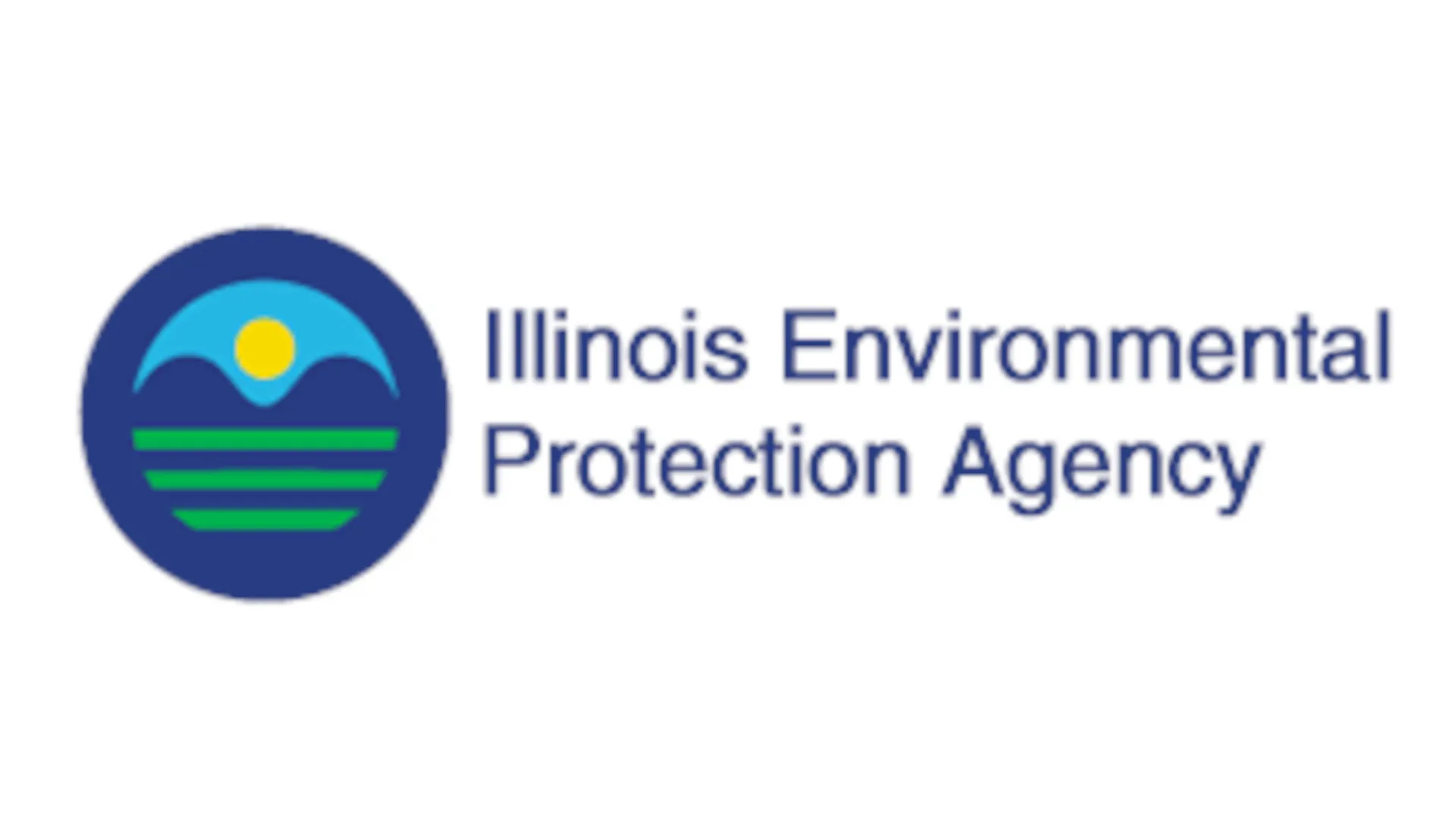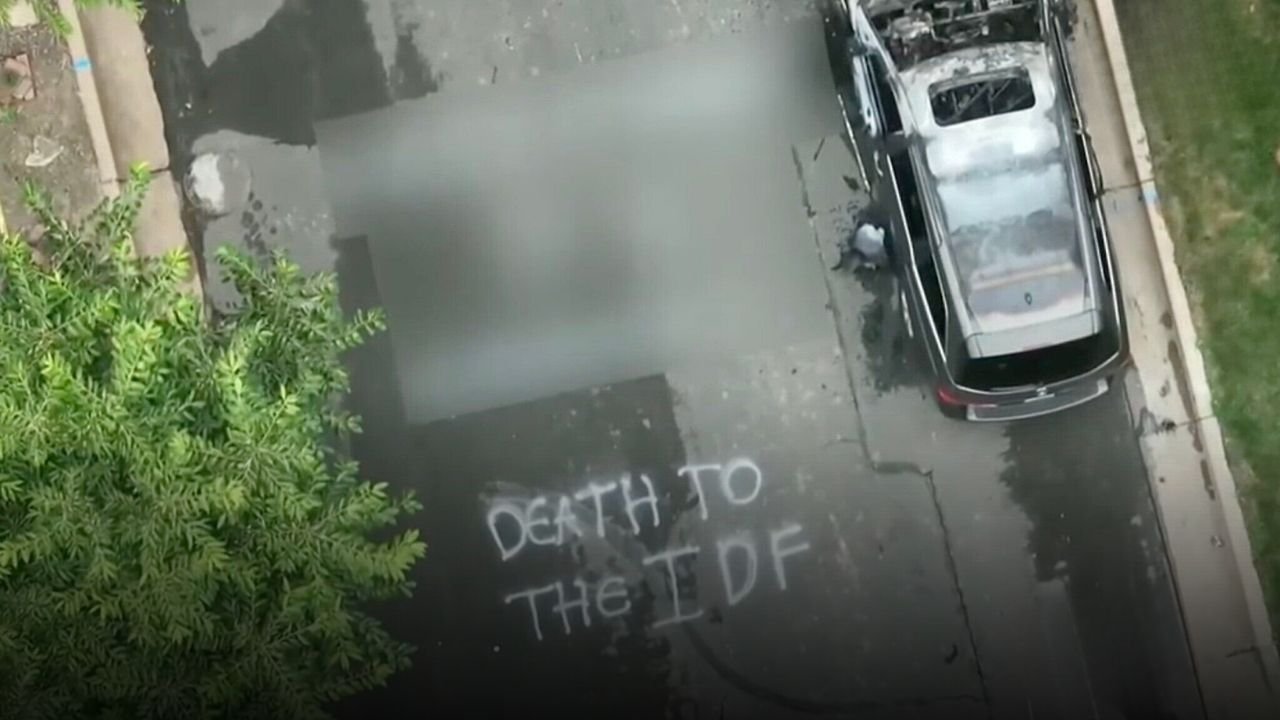ILLINOIS — A woman in Evanston has lost $62,000 in an online scam after falling victim to someone pretending to be actor Kevin Costner, according to local police and federal officials.
The woman believed she was helping the Hollywood star by sending gift cards to support what she thought was a cryptocurrency investment project. The scam reportedly stretched over six months, all through the Telegram messaging app.
How the Scam Happened
According to police, the victim received messages from someone claiming to be Costner. The impersonator promised to “multiply her investment” if she sent prepaid gift cards as an initial contribution.
Over time, she sent $62,000 worth of gift cards, hoping to earn cryptocurrency returns. But those returns never came.
The Federal Trade Commission (FTC) confirmed that this type of scam — using fake celebrity profiles — has been circulating since at least 2018.
“Imposter scams come in many varieties, but they all work the same way,” said the FTC. “A scammer pretends to be someone you trust to convince you to send them money.”
FTC and Police Warn Against Online Celebrity Scams
The FTC has warned for years about scammers impersonating celebrities, especially on platforms like Telegram, Instagram, and Facebook.
Tips to avoid getting scammed:
-
Slow down before sending money online — talk to someone you trust.
-
Google the celebrity’s name with the word “scam” before responding.
-
Never send money, gift cards, or crypto to anyone you haven’t met in person.
-
Report suspicious messages to the social media platform and the FTC.
Read the full list of tips on consumer.ftc.gov.
A Growing Trend in Online Fraud
Online romance and celebrity scams have become more common, especially as people interact with influencers and fan pages.
In this case, the scammer capitalized on the woman’s trust and admiration for Costner. Unfortunately, she never received the promised returns or confirmation from any legitimate sources.
“Some celebs do raise money for real causes. But you want to be sure the cause — and the person asking — are real,” the FTC noted.
Do you know someone who’s been approached by a fake celebrity online?
Should more platforms take responsibility for impersonation scams?
Share your thoughts or tips with others at ChicagoSuburbanFamily.com.












